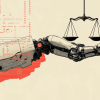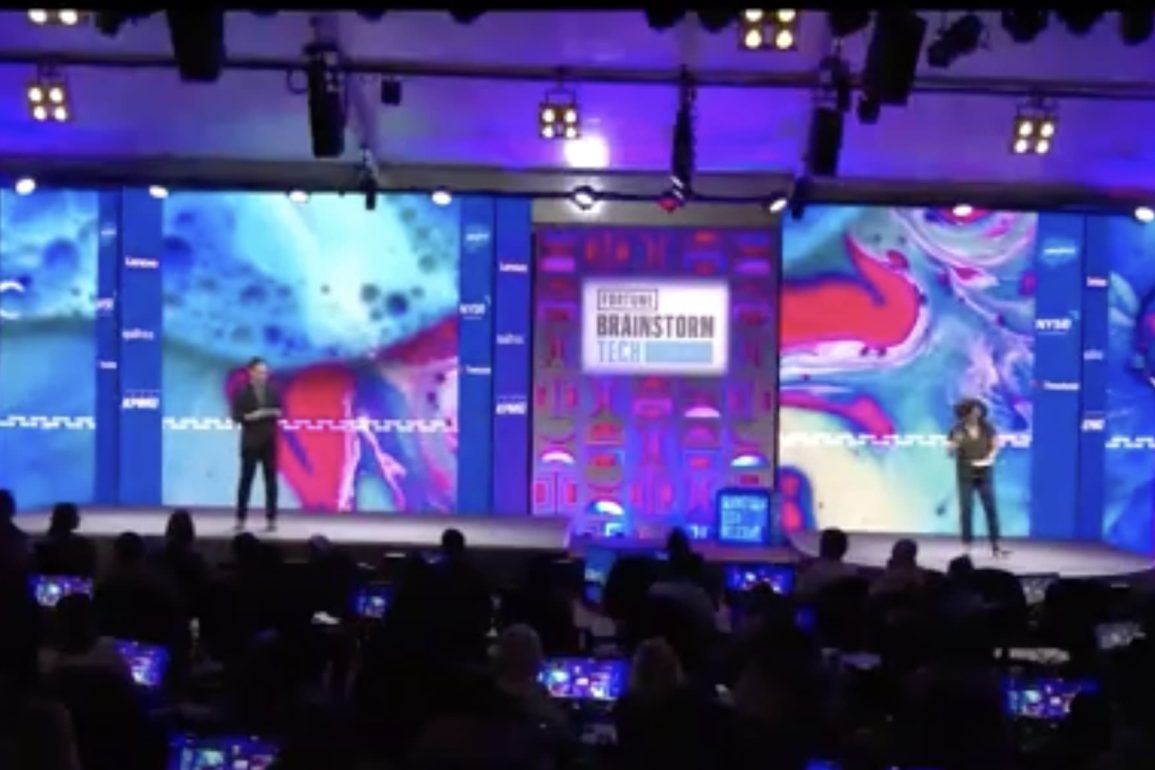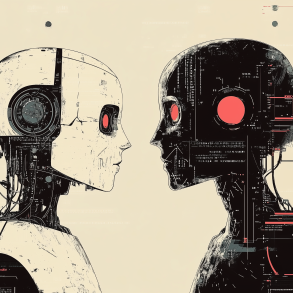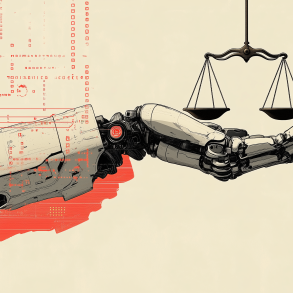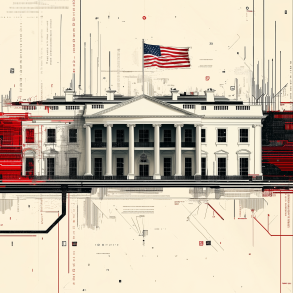AI is increasingly making its presence felt in workplaces, raising questions about whether it will enhance productivity or lead to job displacement. At Fortune’s Brainstorm Tech conference on Wednesday, a panel of leaders from companies like Lenovo and McKinsey discussed the potential benefits of AI when used with proper controls, suggesting that AI-powered tools can enable workers to focus on more human-centric tasks.
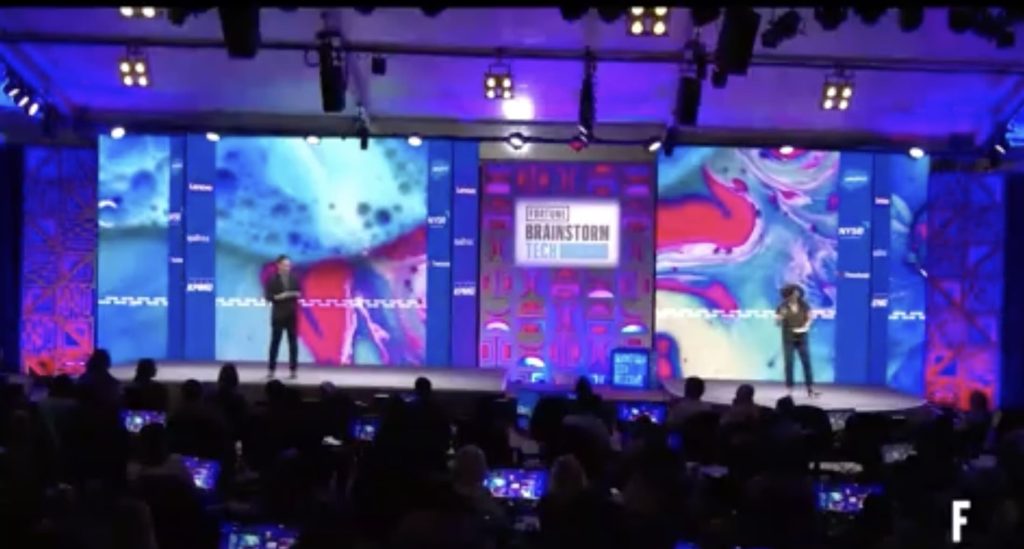
“It takes toil out of our work so we can increase joy,” said Lareina Yee, a senior partner and technology council chair. “It can create a massive amount of productivity for the individual.”

Since OpenAI released ChatGPT to the public at the end of 2022, there has been a debate among executives and tech critics about the promise and risks of AI. Economic leaders like San Francisco Reserve chief Mary Daly argue that AI “replaces tasks, not people,” though fears of massive layoffs persist. The World Economic Forum has estimated that AI will replace around 85 million jobs by 2025.
During the conference, the panel argued that AI could lead to unprecedented productivity gains for knowledge workers. Vijay Gopal, an executive in digital workplace solutions at Lenovo, described AI as the “single opportunity we have as mankind to achieve perfection.” He noted that AI can take over tasks like summarizing meetings, updating legacy code, and assisting with modern programming languages like Python, potentially giving back 20% of the workday to employees. “How would you use that time differently?” Yee asked. “This is the first major technology shift that actually addresses knowledge work.”
Athena Karp, a general manager at Workday, suggested that AI could also help eliminate workplace biases. She cited the example of AI tools in hiring processes that can remove biases inherent in human decision-making, such as favoring applicants from the same school or hometown. “You can’t govern bias in humans, but you can in technology,” she said.
Karp noted that the cycle of AI adoption is still in its early stages, presenting a significant opportunity for workplaces to rethink internal processes and implement proper controls and governance. She mentioned that 80% of the recruiting organizations she works with have not yet adopted an AI-first approach.
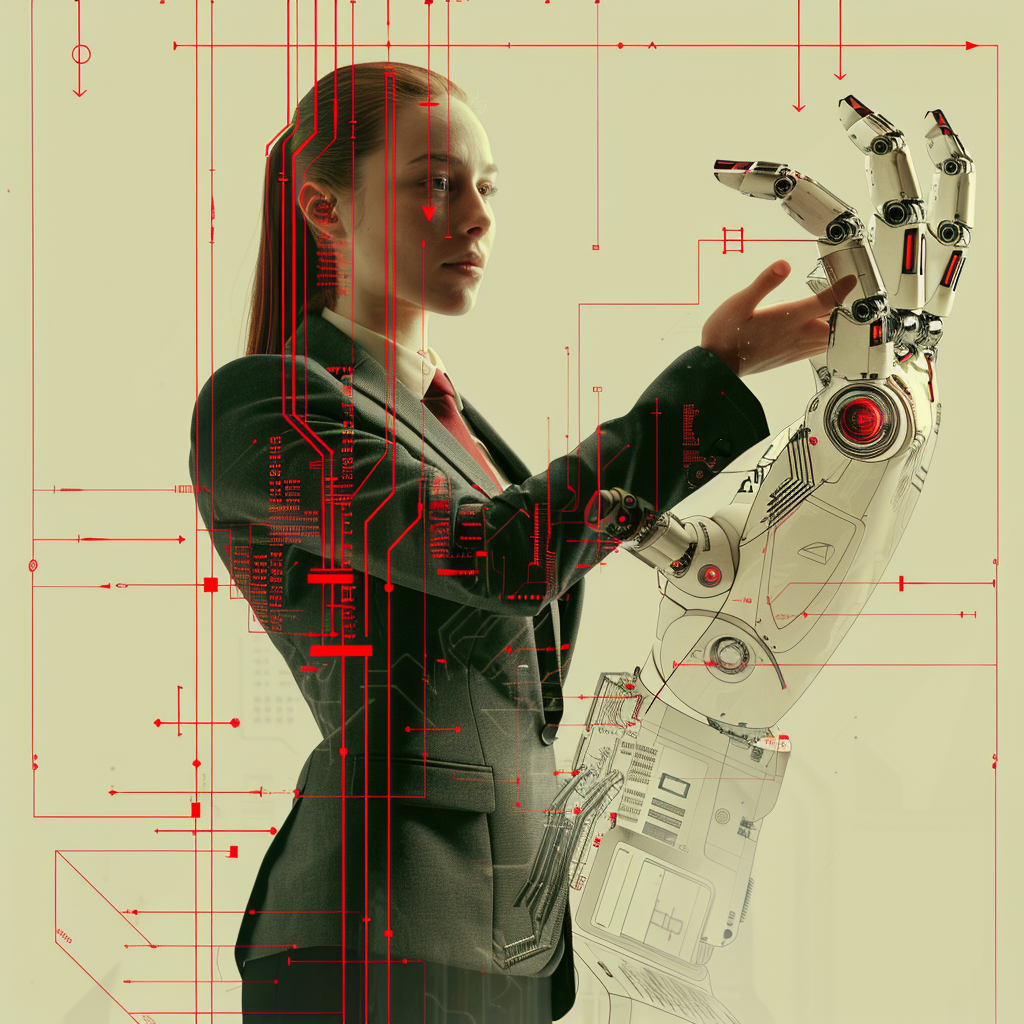
Ali Akhtar, the co-founder and CEO of software startup Letter AI, highlighted the current use of AI in job interviews for software engineers, where candidates receive bonus points for using AI copilots, demonstrating their ability to leverage tools for increased productivity. Despite concerns about errors in generative AI products, Akhtar compared the situation to self-driving cars, which must perform significantly better than humans to gain acceptance. “How much better does AI have to be so that we’re forgiving of any mistakes it might make?” he asked, noting that use cases will expand as large language models improve.

